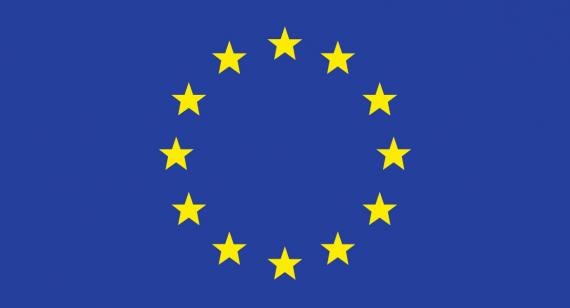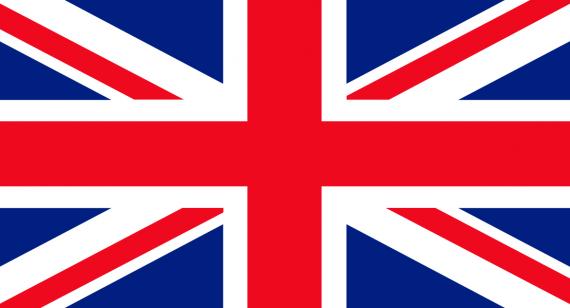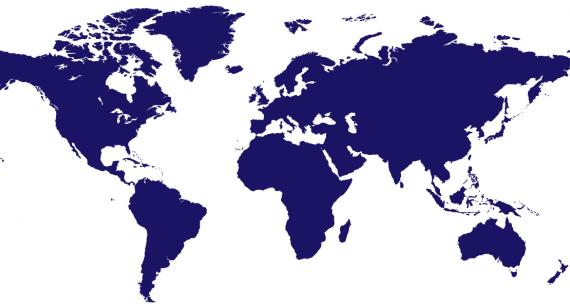On 17 December 2013, the US Food and Drug Administration (FDA) accredited GS1 as a UDI Approved Agency.
The US FDA introduced this regulation in September 2013 to create a global, unique system for the identification of all medical devices sold in the United States. The US FDA wants to ensure patient safety and better protect the supply chain in the healthcare sector with this regulation. These regulations stipulate that:
- Manufacturers must affix a unique UDI number to each medical device;
- A UDI must be applied in human-readable form and in the form of a barcode. This information must be applied to all labels as standard;
- The master data of the medical device must be transmitted to the Global Unique Device Identification Database (GUDID).
Within the framework of the UDI system, the US FDA has developed the GS1 Global Unique Device Identification Database (GUDID). This database contains some basic elements of each medical device for which a UDI exists. Manufacturers are responsible for publishing and updating the data in the database.
Manufacturers can now use My Product Manager to publish their master data in GUDID.
Download the brochure here: GS1 GDSN for UDI.
US FDA stands for the United States Food and Drug Administration. It’s the US federal agency for food products and drugs. It is one of the administrations tasked with ensuring food safety and authorising the commercialisation of medicines within the United States. It also manages issues relating to medical devices, cosmetics and anything relating to animal feed, tobacco products, etc.
In September 2013, the US FDA introduced a regulation designed to implement a single international system for identifying all medical devices sold within the US. The FDA's objective in introducing this regulation was to ensure patient safety, and to better protect the healthcare sector supply chain. The regulation stipulates as follows:
- Manufacturers must affix a unique UDI to every medical device;
- The UDI must be in human readable format, and scannable using a barcode. This information must be routinely indicated on the label;
- The medical device master data must be sent to the Global Unique Device Identification Database (GUDID).
On 17 December 2013, the US Food and Drug Administration (FDA) accredited GS1 as a recognised UDI agency.
UDI stands for Unique Device Identification. This is an identification system for medical devices (UDI) designed to provide each with a single, globally harmonised and positive identification. This requires medical device labels to bear their unique identifier during distribution and use, to be conveyed using automatic identification and data capture and, if applicable, to be in human readable format. The UDI-DI (device identifier) of this unique identifier is also linked to a jurisdiction-specific public UDI database.
The US Food and Drug Administration (FDA), the European Commission and other regulators have made patient safety a strategic priority by developing UDI regulations for medical devices and in-vitro diagnostic devices and are aiming for a globally harmonised and consistent approach aligned on the IMDRF Guidelines (International Medical Device Regulators Forum).
GS1 is an accredited UDI Issuing Agency/Entity based on many regulations worldwide, in particular the US, EU, China, South Korea and Saudi Arabia, meaning that manufacturers supplying regulated medical devices to these markets can use the GS1 standards to implement the UDI requirements.
The GS1 system of standards provides a global framework to identify, capture and share healthcare product information, thereby enabling a consistent worldwide implementation of UDI.
Within the framework of the US UDI regulation, GS1 is one of the accredited issuing agencies. We are therefore bound to retain information on companies using the GS1 system to allocate universal identifiers to their products if they are sold in the US. This information must be regularly provided to the FDA.
If you don’t sell products in the US, you will not be affected. However, it’s possible that a buyer will sell them in the US after having purchased them from you. As a result, you must check whether or not your product is classed by the FDA as a medical device. You can find out more here
We will share the name of your company, your business address and the GS1 company prefixes assigned to you. No other information will be provided.
If your product isn't sold in the US as a medical device, there will be no consequences. If one or more of your products are sold in the US and can be classed as medical devices, you must declare this. If we haven’t shared your information and identifiers with the US FDA, there is a risk that you won’t be permitted to sell your products in the United States.
No, you can rest assured that the information is updated regularly to allow us to provide the most up-to-date reports possible to the US FDA. To this end, you can, via your MyGS1 account, indicate in your company prefix, whether or not you are selling medical devices. If you encounter difficulties, please contact our helpdesk at support@gs1belu.org.
GUDID stands for Global Unique Device Identification Database. The Global Unique Device Identification Database is a database administered by the FDA which acts as a reference catalogue for every device bearing a unique identifier (UDI).
Manufacturers can now use My Product Manager to publish master data to the GUDID. Connecting to the FDA incurs additional costs. View our rates.



